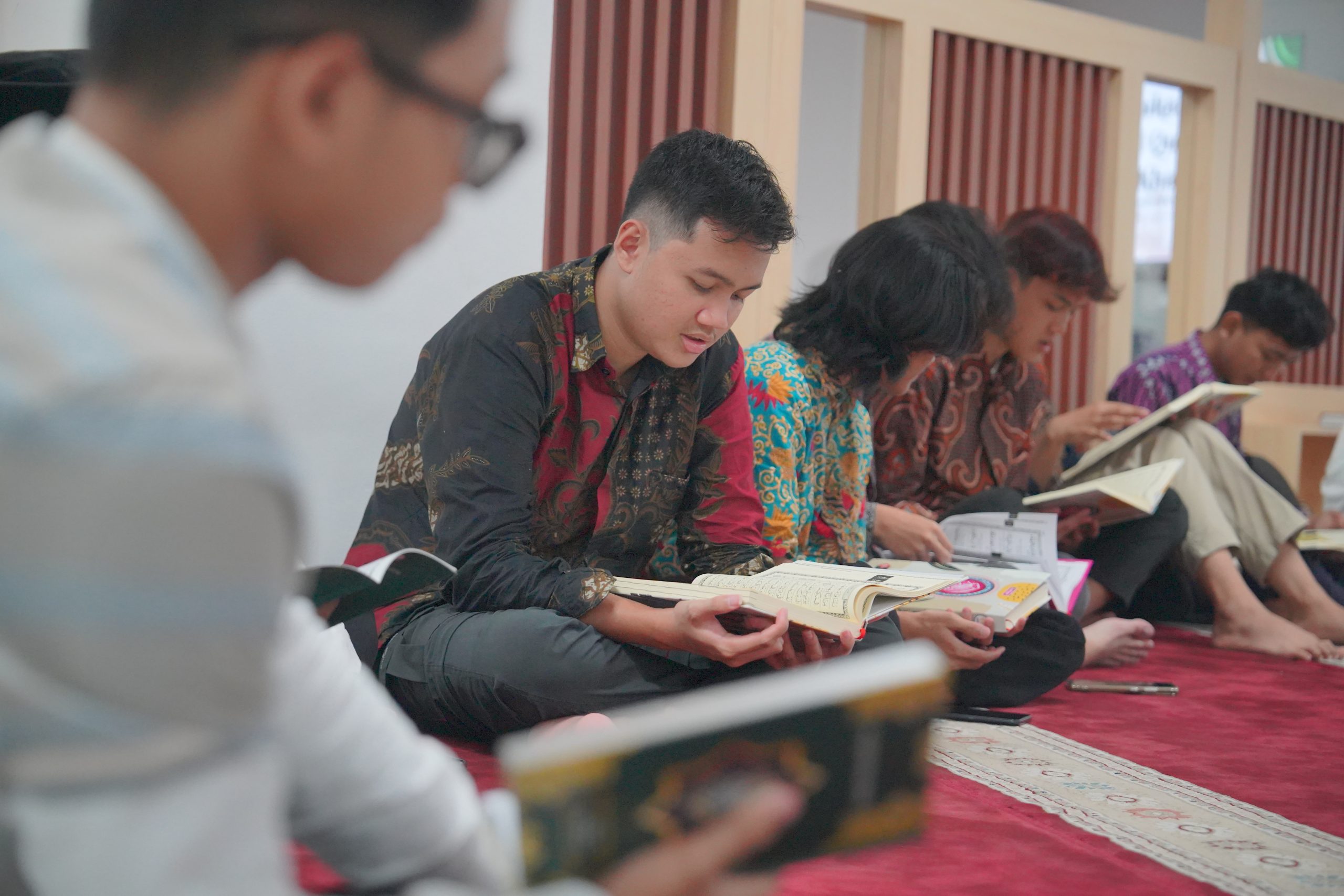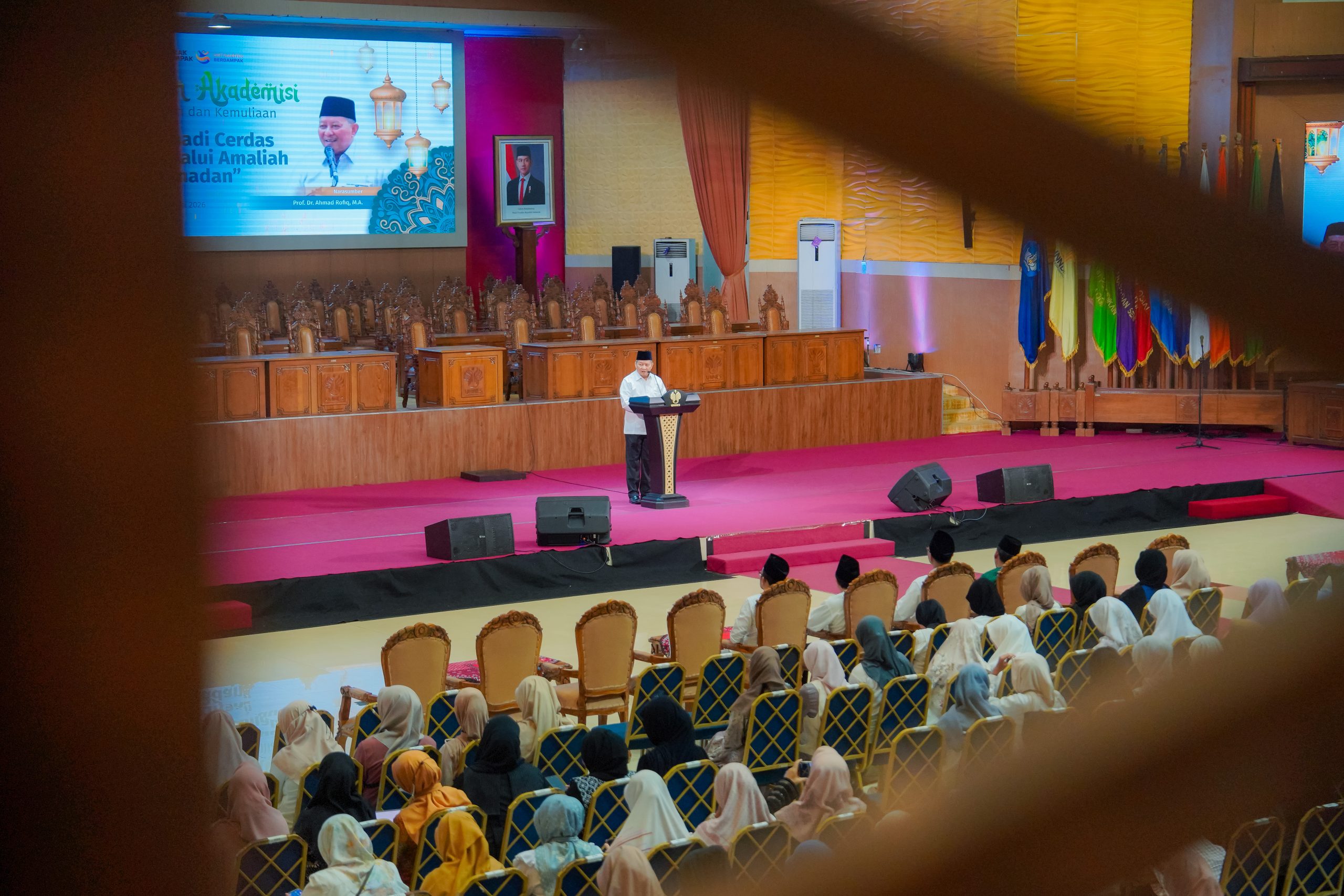Sebuah foto lebih banyak makna dibandingkan ribuan kata. Bagi guru sejarah, ungkapan itu penting dan bermakna. Sebab, arsip foto dapat dimanfaatkan dalam pembelajarannya.
Demikian dikatakan dosen Jurusan Sejarah Universitas Negeri Semarang (Unnes) Tsabit Adzinar Ahmad, ketika memberikan materi “Pelatihan Media Arsip Foto dalam Pembelajaran Sejarah Lokal”, Kamis (25/9) di SMA Negeri 1 Banjarnegara.
Pelatihan yang diikuti puluhan guru sejarah SMA/SMK/MA se-Kabupaten Banjarnegara tersebut diselenggarakan dalam rangka Program Pengabdian Masyarakat Jurusan Sejarah Unnes bekerja sama dengan Musyawarah Guru Mata Pelajaran (MGMP) Sejarah Kabupaten Banjarnegara.
Menurut Tsabit, guru sejarah sering kali dihadapkan pada masalah kurang berminatnya siswa belajar sejarah dikarenakan guru tidak membawa sesuatu yang sifatnya kongkrit, namun lebih banyak membawa konsep-konsep yang abstrak.
“Dengan arsip foto sejarah, siswa menjadi lebih tertarik karena apa yang dipelajarinya konkret tersaji di hadapan mereka. Sehingga, guru sejarah akan lebih mudah untuk menjelaskan konsep-konsep yang sifatnnya abstrak” jelas Tsabit.
Dalam pelatihan tersebut, selain ditampilkan arsip foto-foto Banjarnegara pada masa kolonial, paraguru juga dilatih praktik membuat media arsip foto yang dapat diunduh dari penyedia arsip foto daring, seperti dalam laman kitlv.nl, tropenmuseum.nl, serta gahetna.nl.
Menurut dosen Jurusan Sejarah Unnes lainnya Andy Suryadi, dengan menggunakan arsip foto, siswa dapat diajak untuk membandingkan kondisi Banjarnegara di masa kolonial dengan kondisi saat ini dan menilainya secara obyektif.
“Ketika guru menampilkan arsip foto lokal masa kolonial, siswa dapat secara jujur menilai apakah masa kolonial lebih baik atau lebih buruk dari masa sekarang. Dari segi bangunan dan keteraturan tata kota, mungkin lebih baik pada saat koonial karena beberapa bangunan hingga kini masih terlihat utuh,” ujar Andy.
Guru Sejarah SMA Negeri 1 Sigaluh yang juga bertindak sebagai ketua panitia kegiatan Sri Utari menyatakan bahwa dengan membawa arsip foto ke dalam kelas, secara tidak langsung juga mengajak siswa untuk membangun kesadaran akan pentingnya arsip.
“Ke depan siswa saya akan saya tugaskan untuk membuat foto di lingkungannya berdasarkan foto pada masa kolonial. Mereka pasti akan takjup dengan perbedaannya. Hasil fotonya dapat dijadikan sebagai arsip lanjutan untuk masa yang akan datang,” jelas Sri.




Dengan media foto bangunan bersejarah sebagai alternatif dalam rangka peningkatan pembelajaran di kelas yang penuh dinamika.
Arsip foto sejarah adalah tiket lorong waktu untuk menghadirkan masa lalu dalam pembelajaran sejarah di ruang masa kini.
Historia Vitae Magistra!